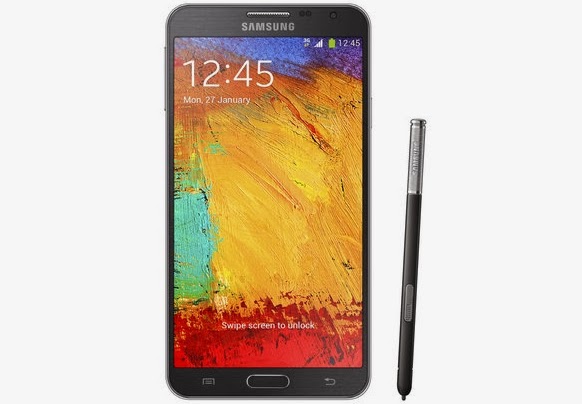Windows 8: World’s top Benchmarking and Overclocking site banned
 |
Windows 8: World’s top Benchmarking and Overclocking site banned |
Windows 8 has been banned from HWBot, one of the world’s top benchmarking and overclocking communities. As, all the existing benchmarks recorded by Windows 8 have been disqualified. This is due to a fault in Windows 8′s real-time clock (RTC), which all benchmarking tools use as a baseline.
HWBot is a massive online database of benchmark records, which covers most of the major benchmarking tools, such as 3DMark, PCMark, and SuperPi. Users submit their benchmarks, moderators check their results, and then people are awarded points or trophies depending on how they rank.
It’s a useful site for seeing how your system/components compare against other setups. Some people take it very seriously, Andre Yang, one of the world’s best overclockers, currently holds the record for the highest CPU frequency (8709 MHz with an AMD FX-8150) and the highest 3D Mark 11 score (37263, with four Nvidia GTX Titans).
 |
Real-time clock (RTC) |
In every modern computer, there’s a real-time clock (RTC) that keeps accurate track of the time even when the computer is turned off. In standalone RTCs, the package usually contains a built-in power source (a battery) that keeps the RTC going, so that the device still shows the right time after experiencing a power cut or being relocated i.e. in the case of your PC, there’s probably a button battery or supercapacitor on the motherboard that keeps the southbridge powered.
Windows 8 Time Machine
Due to its implemented-in-hardware nature, the RTC is very useful for providing a baseline for benchmarks. Unlike software, which can be easily meddled with or affected by outside influences, the RTC in your PC — as the name suggests — is designed to keep pace with real-world time. For every second that ticks by on your quartz-powered wristwatch, a second ticks by inside your PC. Thus, to generate accurate results, benchmarking tools use the RTC to work out exactly when the benchmark started and finished. This is how most benchmarks have always operated, and it’s how every major benchmark operates today.
According to HWBot, Microsoft made some changes to Windows 8′s timekeeping routines to allow for low-cost devices and embedded systems that don’t always have a conventional PC-compatible RTC. HWBot doesn’t give specific details, but it proves its point with some damning empirical evidence.
Basically, if you change your CPU base clock (BCLK) frequency in software (not at boot time), it has a massive impact on Windows 8′s ability to keep accurate time. By underclocking the BLCK of a Haswell system from 130MHz to 122MHz (-6%), Windows 8 loses 18 seconds over a five minute period (see video above); and the inverse applies to overclocking, too.
 |
Windows 8: World’s top Benchmarking and Overclocking site banned |
For Microsoft’s part, this issue can probably be fixed with a patch, though it might be difficult given Windows 8′s cross-platform nature.
Now, It will be see how quickly Microsoft responds, because benchmarking tools really have no recourse without an accurate RTC. Having an entire operating system outlawed from one of the world’s biggest benchmarking sites is a big deal.


